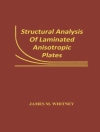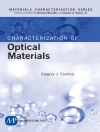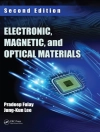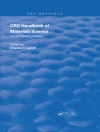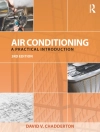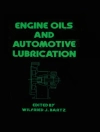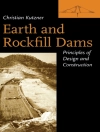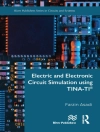A Clear, Comprehensive Introduction to Standards in the Engineering Professions
Standards supplement the design process by guiding the designer toward consistency, safety, and reliability. As daily life involves increasingly complex and sophisticated instruments, standards become indispensable engineering tools to ensure user safety and product quality. Primer on Engineering Standards: Expanded Textbook Edition delves into standards creation and compliance to provide students and engineers with a comprehensive reference.
The different types of standards are dissected and discussed in terms of development, value, impact, interpretation, and compliance, and options are provided for situations where conformance is not possible. The process of standards creation is emphasized in terms of essential characteristics and common pitfalls to avoid, with detailed guidance on how, where, and with whom one may get involved in official development.
Organized for both quick reference and textbook study, this new Expanded Textbook Edition provides a quick, clear understanding of critical concepts, ramifications, and implications as it:
* Introduces the concepts, history, and classification of standards, rules, and regulations
* Discusses the federal, state, and local government’s role in standards development and enforcement
* Distinguishes voluntary consensus standards, limited consensus standards, and jurisdictional versus non-jurisdictional government standards
* Covers the need for and process of exemptions to existing standards
* Examines the characteristics of a good standard, and discusses opportunities for involvement in development
* Includes case studies to demonstrate standards applications, and extensive appendices to direct further inquiry
The successful design, fabrication, and operation of any product relies on foundational understanding of pertinent standards; indeed, standards and guidelines form a central pillar of the engineering profession. This helpful resource goes beyond a list of rules to help students and practitioners gain a better understanding of the creation, import, and use of standards.
Circa l’autore
Owen R. Greulich, M.E., P.E., is an active member of the American Society of Mechanical Engineers (ASME) Process Piping Code Committee and the American Institute of Aeronautics and Astronautics (AIAA) Committee on Aerospace Pressure Vessels. He currently serves as Pressure and Energetic Systems Safety Manager in the Office of Safety and Mission Assurance at NASA Headquarters. Previously, Mr. Greulich worked in the private sector metals fabrication and machining industry.
Maan H. Jawad, Ph.D., P.E., is president of Global Engineering and Technology, an engineering consulting firm for the pressure vessel, power, petrochemical, and nuclear industries. He has been active on ASME Boiler and Pressure Vessel Code committees as a member and chairperson since 1972, a member of the Missouri Board of Boiler and Pressure Vessel Rules, and is a Fellow of the ASME. Prior to retiring, he was with the Nooter Corporation in St. Louis, Missouri.



